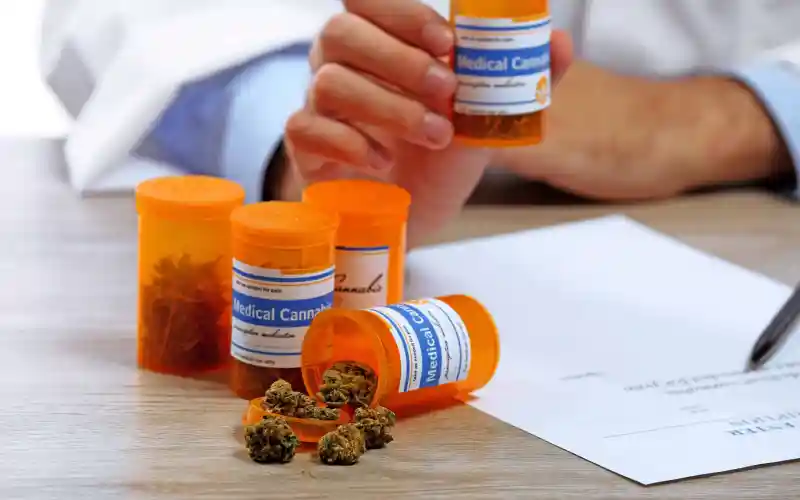Business
Texas Expands Restrictive Medical Pot Program To Combat Opioid Epidemic

But don’t expect any Texas stoners to celebrate.
Texas is broadening its restrictive medical cannabis program to include patients fighting chronic pain, the Houston Chronicle reports, in addition to expanding approved THC dosing limits from one percent to 10mg. While that may seem shockingly low to medical patients in states with more liberal cannabis laws, currently, Texas’s medical marijuana law is CBD-only, as it allows for only one percent of THC. The new law, which goes into effect on September 1, 2023, might not win the Lone Star state stoner points, but at the least, it’s a step in the right direction. The original bill tried to cap the prescribed THC dose to 5mg but then amended the bill to a volumetric dose limit of 10 milligrams.
Legal adult-use cannabis in Texas is non-existent, so forget about strolling into a dispensary to grab some dabs anytime soon. The state’s Compassionate-Use Program, or CUP, was initially passed in 2015, limiting medical use of less-than-one-percent cannabis to intractable epilepsy. The list of qualifying conditions was expanded in 2019 and again in 2021 by the Texas Legislature to include autism, cancer, multiple sclerosis, post-traumatic stress disorder, multiple sclerosis, and several others.
Now, Texas lawmakers drafted a bill that adds “a condition that causes chronic pain, for which a physician would otherwise prescribe an opioid” to the list. According to the CDC, 1 in 5 Americans lives with chronic pain. Per the newly passed Texas bill, the Department of State Health Services will be allowed to specify which “debilitating medical conditions” qualify for the program.
The bill, HB 1805l, was written by Republican Rep. Stephanie Klick and was approved by the House Public Health Committee with a 10-0 vote Monday, March 20. The passage of HB 1805l comes after further momentum from lawmakers in the state. Earlier in March, Texas lawmakers held a hearing on House Bill 218 from Democrat Rep. Joe Moody that, if passed, would lower the penalties for possession of cannabis and cannabis concentrates.
While Texas cannabis laws, in accordance with their other social policies, such as reproductive rights, are still highly regressive, this new bill does show that Texas is aware of the grave issue of opioid addiction and seeks to tackle it from a harm reduction perspective, by allowing chronic pain patients cannabis. According to the National Institutes of Health, more than 106,000 persons in the U.S. died from a drug-involved overdose in 2021, including illicit drugs and prescription opioids. According to The Texas Workforce Commission, there was an 80% increase in synthetic opioid-related deaths reported in Texas in 2021 compared to 2020. In addition, as Benzinga points out, a recent study shows that direct payments from opioid manufacturers to physicians have significantly decreased following the legalization of medical cannabis. And, as a reminder, even the DEA states that no deaths from cannabis overdose have occurred. While recreational cannabis is illegal in Texas, you can pick up some nasty (and fatal) synthetic THC options if you need a deadly reminder of the hypocrisy of strict marijuana laws.
While the cannabis laws in Texas are highly restricted, they do not necessarily match the state’s citizens’ views on the plant. According to a study at the University of Houston, which conducted an online survey of 1,200 Texan adults 18 and older, 4 out of 5 adults said they would support an expanded medical marijuana program. Those surveyed also said they favor decriminalizing marijuana possession, and additionally, two-thirds of them said they would support legalizing recreational adult use. So, while the newly passed bill is a win for chronic pain patients, the state’s lawmakers have much work ahead of them if they wish to address their voter’s needs accurately.
Source: https://hightimes.com/news/texas-expands-restrictive-medical-pot-program-to-combat-opioid-epidemic/